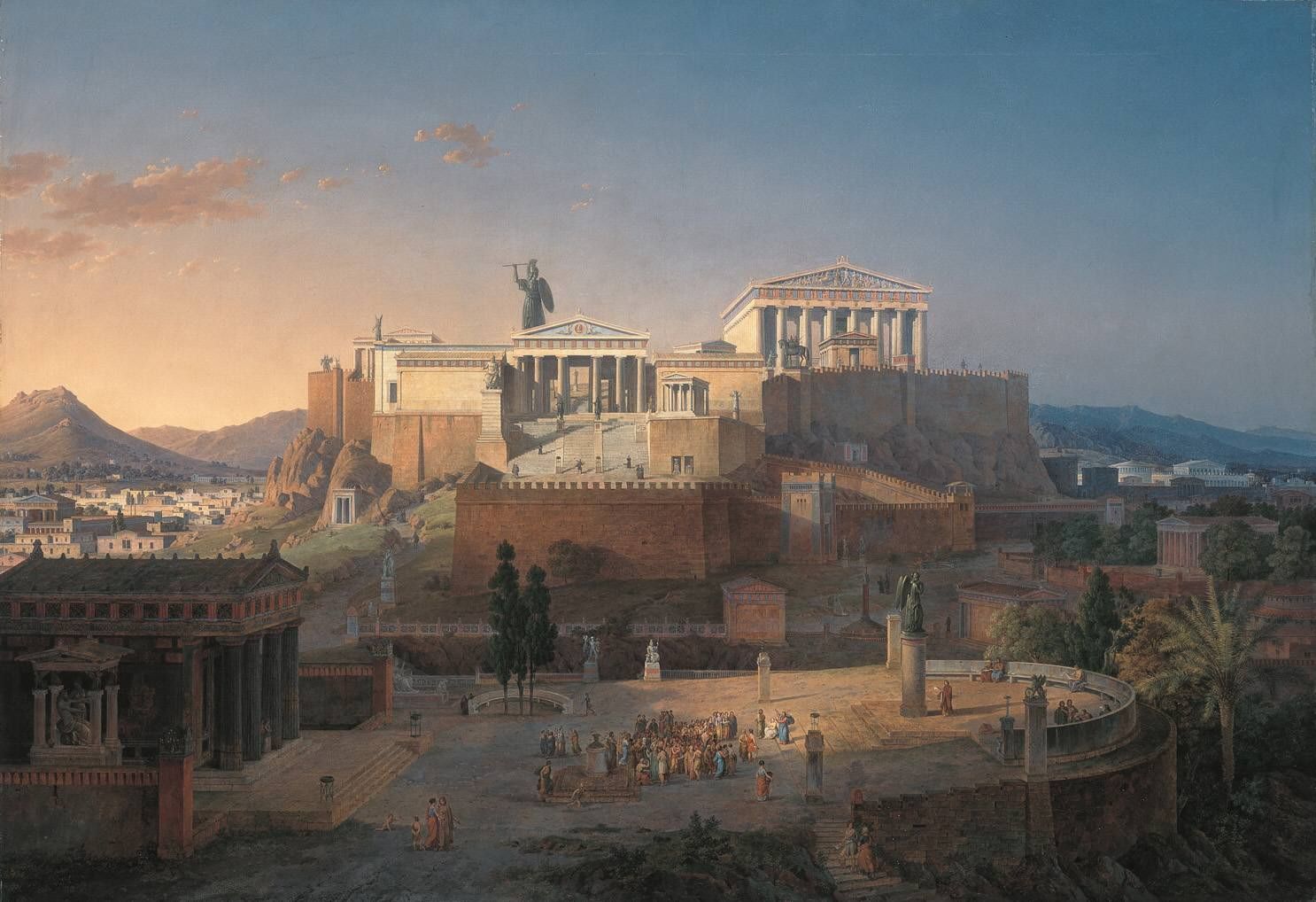
Ancient Greece was not a unified nation, but was divided into small city-states called poleis (singular polis.) The most famous ones were Athens and Sparta.

Athens is famous as the birthplace of democracy, since it was ruled by an assembly of all the free male citizens. Some of its famous citizens included the philosophers Socrates, Plato, and Aristotle; historians Herodotus, Thucydides, and Xenophon; playwrights Aeschylus, Sophocles, Euripides, and Aristophanes; the physician Hippocrates; the mathematicians Democritus and Euclid; and generals such as Pericles and Themistocles. Athens was also the richest of the Greek city-states and had the most powerful navy.
Sparta is famous for its nearly undefeatable military, around which the entire society revolved. Spartan infants who appeared weak or deformed at birth were thrown off a nearby hill. Boys who were allowed to live were taken from their families at the age of eight to begin military training. They would remain in the army until the age of 40. Spartans were taught that there was no greater shame than surrender, and no greater honor than to die in battle, and they believed it.
Though often dominated by Athens or Sparta, there were many other important city-states as well. Corinth was a great trading city located on the narrow isthmus connecting the Peloponnese (southern Greece) to the mainland. Delos was the island home of the Athenian treasury. Delphi was famous as the home of Pythia, the Oracle of Apollo, whose cryptic statements predicting the future were widely sought-after. Ithaca and Argos were the homes of legendary heroes Odysseus and Jason. Olympus was believed to be the home of the gods, and the site of the quadrennial Olympic Games.
Although these city-states all spoke Greek, practiced a similar form of polytheism, and came together for the Olympics, the polis remained the core of each person's identity. The concept of a "nation-state" had not arisen, and a "Greek" would have considered himself primarily an Athenian, or a Spartan, or an Ephesian, etc.